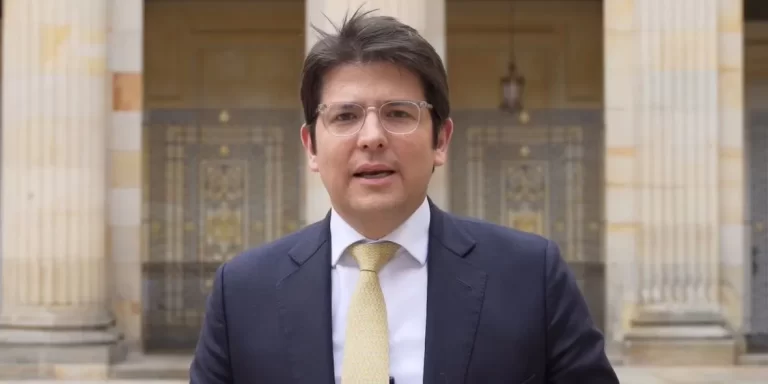[ad_1]
LONDON (Reuters) – Lawmakers from Britain’s ruling Conservative Party vented their anger on Wednesday against Prime Minister Theresa May’s pursuit of welfare reforms, reinforcing doubts about her authority over a party divided by Brexit.
Several members of May’s party spoke out against the government during a symbolic debate in parliament by demanding changes or even an outright halt to the implementation of a new welfare payment system which has been dogged by design problems.
May leads a minority government, propped up by a small Northern Irish party, faced with the task of delivering a smooth departure from the European Union – something which requires a deeply split parliament to approve large amounts of new legislation.
The opposition Labour Party won a symbolic vote on a motion calling for the welfare plan to be paused, but May’s party avoided a full blown public rebellion by ordering its lawmakers to abstain, thereby masking the extent of internal unrest.
The Labour motion passed by 299 votes to zero with one Conservative rebel, but does not force the government to act.
Nevertheless, Conservative lawmakers openly criticised the government’s approach and demanded changes during the debate
“Why are we undermining a policy with the potential to change lives for the better by not addressing a fundamental flaw at its heart?” said Sarah Wollaston, the only Conservative lawmaker to formally vote against the government’s orders.
The defeat comes as ahead of debates on Brexit legislation, which had been expected to start this week but have yet to be scheduled. Ministers are sifting through hundreds of proposed changes, some of which are backed by enough Conservative lawmakers to inflict a more damaging defeat on May’s government.
CONSERVATIVE ABSTENTION
Labour, which wants to topple May’s government and take control of the troubled Brexit process, had urged Conservative lawmakers to rebel on the welfare vote and later called the tactical abstention a sign of the government’s weakness.
“Yet again the prime minister and the Tories (Conservatives) cannot command a majority in the House of Commons. The prime minister is in office but not in power,” said Labour’s welfare spokeswoman Debbie Abrahams after the vote.
Welfare minister David Gauke accused the Labour Party of trying to wreck the reforms and vowed to listen to lawmakers’ concerns but proceed with the policy.
The welfare reform, known as “Universal Credit”, is designed to simplify payments to claimants by consolidating six different types of state benefits into one.
The policy was first implemented for a small number of claimants in 2013 under May’s predecessor David Cameron, but the expansion of the programme to more people has been beset by long delays and criticism that it risks harming vulnerable citizens.
The government is pressing ahead with the latest phase of the programme despite concerns voiced by lawmakers from all parties that claimants must wait six weeks for payment. The government says they have taken measures to stop this happening.
Reporting by William James; editing by Mark Heinrich and Ralph Boulton
[ad_2]
Source link






Leave a Reply